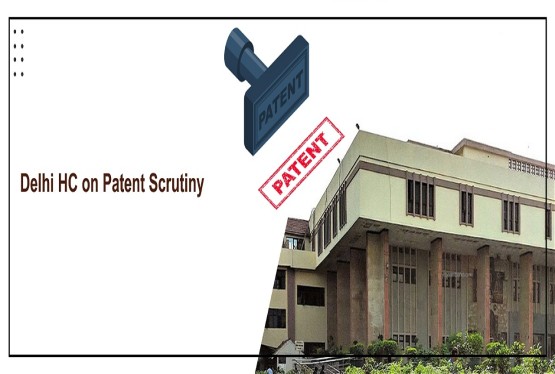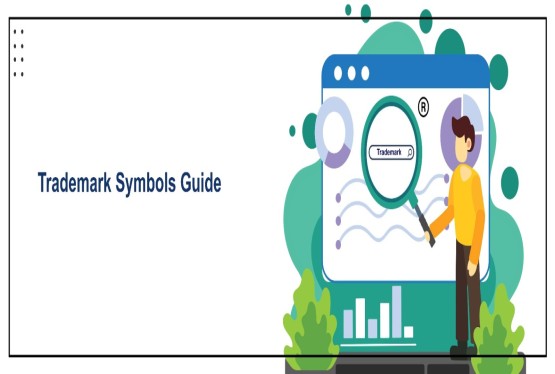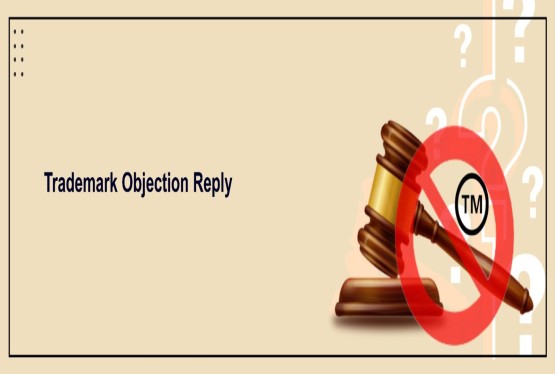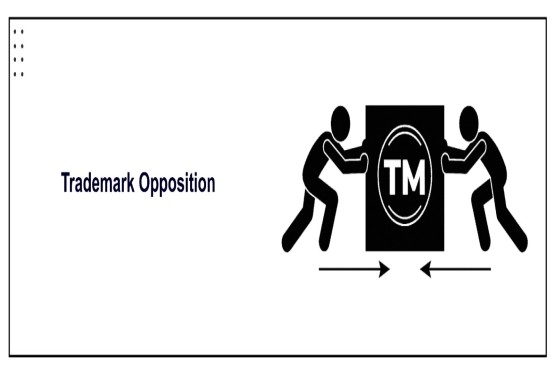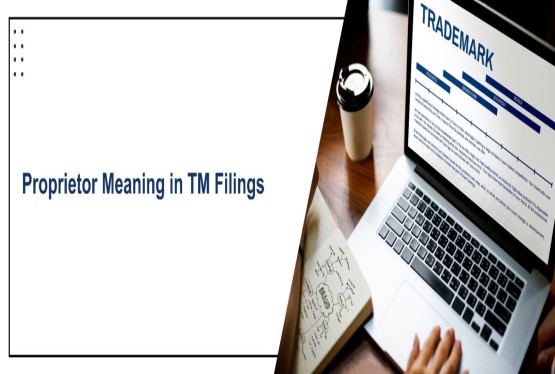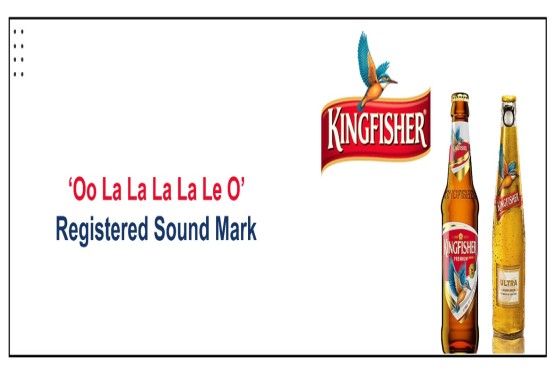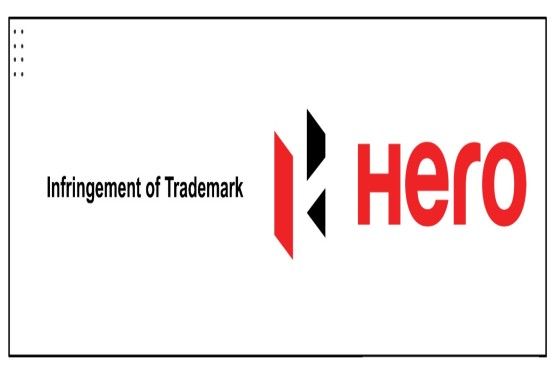To protect people from online fraud, the Delhi High Court has taken an important step to stop the misuse of Reliance Retail’s beauty brand ‘Tira’. Some scammers were pretending to be Tira representatives and cheating customers across the country. After hearing about this, the court passed an order to stop those involved from using the brand’s name in a wrong way.
Learn more about Trademark Infringement.
The Discovery of the Scam
When Reliance Retail launched its beauty and personal care brand Tira in April 2023, it quickly became popular among customers across the country. But in May 2025, things took an unexpected turn. The company started receiving complaints from worried customers people who said they were being contacted by so-called Tira representatives with unbelievable offers, discounts, or order-related issues.
At first, it seemed like a few random cases. But as more complaints poured in, it became clear that this wasn’t just a coincidence it was the work of a well-planned scam.
Scammers were calling and messaging people on WhatsApp, pretending to be from the Tira team. They even had fake ID cards and used Tira’s logo to make everything look real. Many customers were told their orders had failed or that they had to make another payment to get a special offer. They were sent UPI links and QR codes, all connected to fake accounts.
The fraudsters had left no stone unturned. Using multiple mobile numbers and digital identities, they targeted innocent people in cities like Delhi, Mumbai, Bengaluru, Hyderabad, Lucknow, and Jaipur and sadly, many fell into the trap.
Intensity of Fraud
What started as a few scattered complaints soon revealed a shocking reality. Within just two months, Reliance found itself flooded with over 8,900 complaints from people all across the country. Out of these, 666 cases came from Delhi alone.
People had lost their hard-earned money over Rs.41 lakh in total all because they believed the scammers were genuine Tira representatives.
The court took this very seriously. It observed that the misuse of the Tira name and logo didn’t just cause financial damage it also left people confused, upset, and emotionally drained. Many had trusted the brand, and the scam took advantage of that trust in the worst possible way.
Legal action Initiated by reliance
As complaints started pouring in and people across the country were losing money, Reliance Retail knew it had to act quickly. With its brand name being misused and customers falling into the trap, the company decided to take the matter to the Delhi High Court, asking for urgent legal help to put an end to the scam and protect both its reputation and the public.
The case was heard on July 7, 2025, by Justice Saurabh Banerjee, who acknowledged the seriousness of the situation. Realising the scale of the fraud and the damage it was causing, the court passed an order in Reliance’s favour granting temporary legal protection and directing various government authorities and digital platforms to take immediate action against the fraud network.
Delhi High Court Order
After hearing the case, the Delhi High Court issued several key directions to bring the scam to a halt and prevent any further misuse of Reliance Retail’s Tira brand:
Stop Misusing the Tira Brand
The court passed a clear and firm order prohibiting all individuals and groups involved in the scam from using the Tira name, logo, or anything that even closely resembles it. This includes variations, spellings, visuals, or branding that could confuse the public or mislead consumers into believing they are dealing with the official Tira brand. This step was crucial in stopping further misuse of Reliance Retail’s intellectual property and rebuilding consumer trust.
Block Fraudulent Mobile Numbers
The court instructed all telecom service providers (such as Jio, Airtel, Vi, BSNL) to immediately identify and block the mobile numbers that were being used by scammers to reach out to consumers. Additionally, these service providers are required to share subscriber information, including the names and IDs linked to those numbers, so that authorities can trace the people operating behind the scenes.
Take Down WhatsApp Accounts
Since most of the scammers were approaching customers via WhatsApp messages and calls, the court asked WhatsApp (Meta) to take strong action. This includes deactivating all accounts linked to the fraud and providing basic user details, such as phone numbers, names, and device information, to the investigating agencies. This would help authorities track down the masterminds behind the scam and prevent them from creating new accounts.
Freeze Fake UPI and QR Code Links
As scammers were tricking consumers into making duplicate or false payments via UPI or QR codes, the National Payments Corporation of India (NPCI) was asked to step in. The court directed NPCI to identify and freeze all payment links, UPI IDs, and QR codes that were connected to the fraud. NPCI was also ordered to share details of the bank account holders, so that the funds trail could be followed and possibly recovered.
Stay Alert in the Future
The court recognized that this scam was not a one-time event but part of a larger digital fraud trend. Hence, it directed all involved platforms telecom providers, WhatsApp, NPCI, and others to remain vigilant and actively assist Reliance Retail in the future too. Whenever similar frauds are reported or detected, these platforms must take immediate action to block access and cooperate with law enforcement.
Government Monitoring and Enforcement
To ensure these directions are followed thoroughly, the court also brought in key government bodies namely, the Department of Telecommunications (DoT) and the Ministry of Electronics and Information Technology (MeitY). These departments are now responsible for monitoring compliance with the court’s orders and ensuring that all intermediaries and platforms (telecom operators, digital services, payment gateways) follow due process to stop such frauds.
Previous incident like this
What happened with Tira isn’t a one-off incident. This kind of brand impersonation has happened before too, especially targeting well-known names under the Reliance group.
Just a month earlier, in June 2025, a scam website called “Jio Eat” appeared online, using the trusted Reliance Jio name and logo to offer fake food delivery services in 15 cities. Many people placed orders and lost money, only to find out later that the site wasn’t real. It was finally taken down after a media investigation brought it to light.
Back in 2023, a similar issue came up when fraudsters misused the AJIO brand. In that case too, the Delhi High Court had to step in, directing the police to begin an investigation into the misuse of the trademark.
Conclusion
The Delhi High Court’s swift action in the Tira impersonation matter sends a strong message against digital fraud and brand misuse. By stepping in promptly, the Court not only protected Reliance Retail’s trademark rights but also shielded thousands of unsuspecting consumers from further harm.
This case reflects a growing challenge in today’s digital world, where fraudsters are becoming smarter and more organised. Reliance’s legal response stands as an important example of how brand owners must stay vigilant and proactive in protecting their identity not just for their own sake, but for public interest at large.
Going forward, this incident highlights the urgent need for better coordination between digital platforms, telecom providers, financial institutions, and regulatory authorities. More importantly, it calls for stronger cyber laws and increased consumer awareness, so that digital trust is not only protected but strengthened.






























_(b)_of_the_Trademark_Act,_1999_(1)_crop10_thumb.jpg)



_crop10_thumb.jpg)




























_crop10_thumb.jpg)
_crop10_thumb.jpg)






_crop10_thumb.jpg)








_crop10_thumb.jpg)



_crop10_thumb.jpg)





























_crop10_thumb.jpg)

















_crop10_thumb.jpg)






_crop10_thumb.jpg)












































































































































_crop10_thumb.jpg)




































_crop10_thumb.jpg)












_crop10_thumb.jpg)















































_crop10_thumb.jpg)


































































































